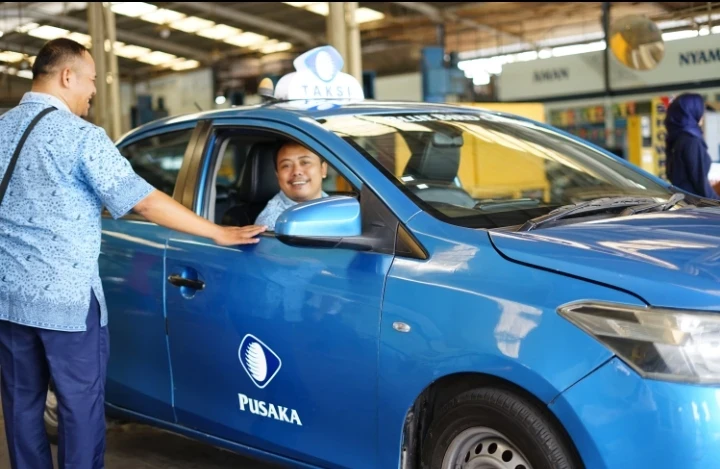The taxi service in Bali has long been a source of dispute among tourists and local drivers. Given the limited public transportation, the popularity of ride-hailing apps, and the number of tourists opting for car or motorcycle rentals, the issue of tourist transport has become highly relevant.

The new union of tourist taxis, implemented by the Bali government, aims to improve the quality of transportation services throughout the island. This initiative is related to changes proposed by former Governor Wayan Koster earlier this year. Ultimately, it will lead to tourists using only government-approved taxis.
The new transport consortium called "Kreta Bali Smita" includes the Bali government, Perumda (a digital tourism development organization), and a collaboration between the international auditing company PT TÜV Rheinland Indonesia, DPD Organda Bali, and PT Indo Trans Teknologi, or TransTRACK. These four organizations, acting as a consortium, will standardize the tourist transport market in Bali, introducing common standards.
Head of the Transportation Department I Gede Wayan Samsi Gunarta explained that all upcoming changes in the tourist taxi sector will comply with Governor's Decree No. 28 of 2020 on tourism regulation. This law prescribes that tourist transport in Bali should be optimized to ensure high-quality service.
According to Gunarta, the free market of services in the tourist taxi sector leads to low-quality service, negatively impacting the tourism industry. The consortium will work on accrediting all drivers and transportation service providers, and it will introduce audits for all transportation organizations with three levels of taxi classification: "Silver," "Gold," and "Platinum."
This is done to prevent conflicts in the tourist transport sector. Every tourist arriving in Bali will use legal transportation, with rates and service quality clearly defined. Gunarta guarantees that the requirements and criteria for vehicle labeling will be adhered to.
Taxi providers that have passed accreditation will be included in a centralized fleet management system. This means that the government will regulate all transportation service providers, from independent taxi companies to individual drivers.
Taxi categories will be determined based on the level of service, vehicle quality, and environmental impact. For example, "Platinum" category tourist transport must be environmentally friendly, using new and renewable energy, meaning it involves electric battery taxis or electric vehicles.
Audits for labeled vehicles will be conducted annually, and the labeling will be valid for up to three years. For clarity, each accredited taxi will have a "Kreta Bali Smita" sticker with accreditation status information and a QR code for service legality verification.
The consortium aims to attract 12,000 tourist transport providers to the new accreditation program, which will be launched in the coming months. An area for dropping off tourists using GoCar from the GoJek app has also been established at the Bali airport.
You can add one right now!